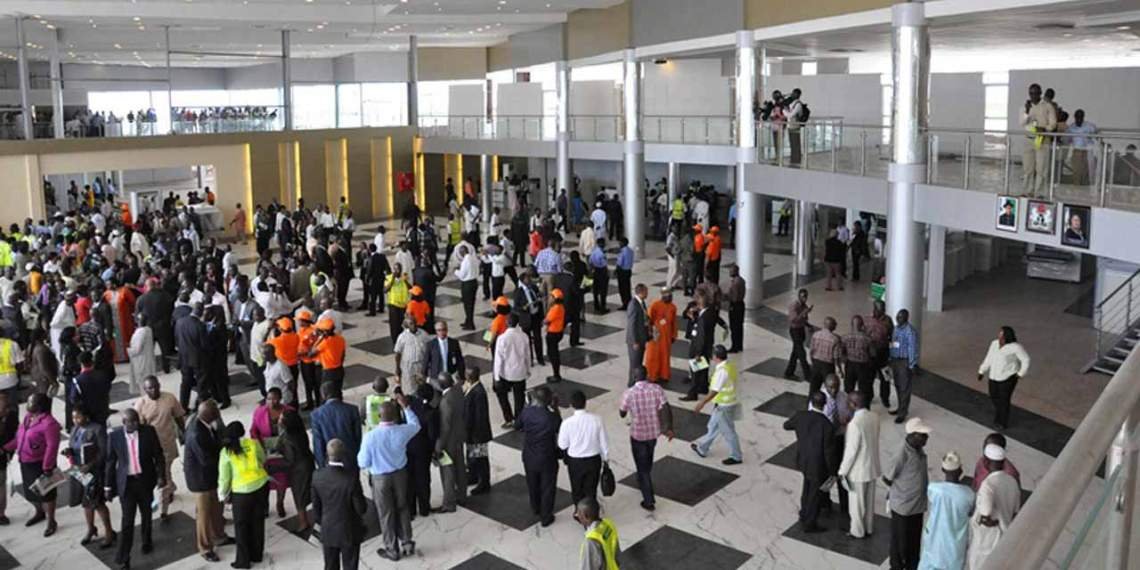By Jacinta Nwachukwu
The National Commission for Refugees, Migrants, and Internally Displaced Persons (NCFRMI), in collaboration with other development partners, has unveiled the revised 2025 National Migration Policy to address the evolving migration challenges in the country.
During the unveiling on Tuesday in Abuja, the Federal Commissioner of NCFRMI, Mr. Tijani Ahmed, emphasized that the policy aimed to strike a balance between the opportunities and risks associated with migration.
Ahmed explained that the revised policy would ensure Nigerian migration practices aligned with global standards, such as the UN’s Global Compact for Safe, Orderly, and Regular Migration, reflecting the country’s commitment to international migration frameworks.
“This update marks a significant step toward modernizing Nigeria’s migration governance, especially with the validation of the 2025 National Migration Policy.
“The policy, first adopted in 2015, has now been updated to address emerging migration realities, including economic shifts, conflict-driven displacement, and human trafficking.
“The review process was led by the NCFRMI and involved a 19-member Policy Review Committee, representing government agencies, civil society, academia, and international partners.
“The updated policy also responds to new challenges and is designed to offer practical solutions, ensuring its effectiveness in managing migration,” Ahmed stated.
Ahmed noted the importance of the integrated approach, which ensured that Nigeria’s policy was not only locally relevant but also aligned with global migration governance standards.
In his remarks, Dr Yusuf Sununu, the Minister of State for Humanitarian Affairs and Poverty Reduction, highlighted the policy’s focus on addressing the loss of skilled professionals, especially in healthcare.
Sununu stated that the policy would encourage “brain circulation” through partnerships between Nigerian and international universities.
“More than 1.4 million Nigerians have emigrated in recent years, with 51 percent of them holding tertiary education credentials.
“Initiatives like transnational education agreements aim to retain academic and medical talent while fostering knowledge exchange,” he said.
Sununu further noted that the revised policy reflected Nigeria’s commitment to proactive migration management amid a rapidly changing global landscape.
“Once approved by the Federal Executive Council, the policy will see state governments, civil society, and international partners working together under a coordinated strategy.
“Education on the risks of irregular migration is crucial, as this has contributed to insecurity within the country.
“The document provides a holistic approach to addressing these issues and, when fully implemented, should significantly reduce irregular migration,” Sununu emphasized.
Sununu also touched on ongoing agricultural empowerment initiatives for Internally Displaced Persons (IDPs) and partnerships aimed at delivering essential services such as healthcare and education.
He commended the NCFRMI’s leadership and the contributions of all stakeholders, stressing the government’s readiness to present the revised policy for adoption by the Federal Executive Council.
He underscored the importance of collaboration at all levels to ensure a coordinated, rights-based approach to migration, reintegration, and poverty reduction in Nigeria.
Follow us on all social media platforms @dailyquery for news and analyses around the globe.



























